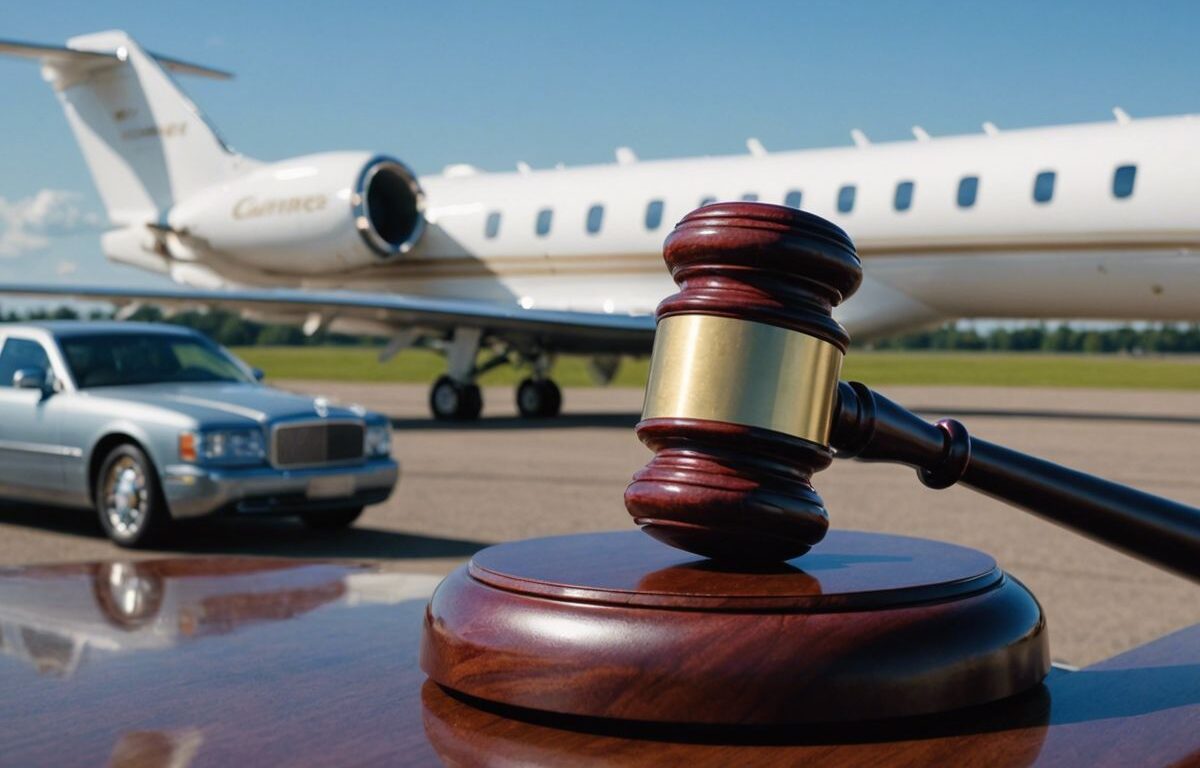Supreme Court Justice Clarence Thomas is facing renewed scrutiny after a Senate Judiciary Committee report revealed that he failed to disclose at least three private jet trips funded by billionaire political donor Harlan Crow. This revelation adds to the growing list of undisclosed gifts and raises questions about the ethical standards of the nation’s highest court.
Key Takeaways
- Clarence Thomas failed to report three private jet trips funded by Harlan Crow.
- The trips were revealed through a Senate Judiciary Committee investigation.
- Thomas has accepted over $4 million in gifts since his Supreme Court appointment.
- The Senate Judiciary Committee is pushing for an enforceable code of conduct for Supreme Court justices.
Undisclosed Trips and Ethical Concerns
The Senate Judiciary Committee, led by Senate Majority Whip Dick Durbin (D-Ill.), uncovered that Justice Clarence Thomas took three private jet trips between 2017 and 2021, all funded by conservative megadonor Harlan Crow. These trips were not included in Thomas’ annual financial disclosures, which only recently acknowledged two 2019 trips that were also funded by Crow.
Crow provided the information following a subpoena, revealing that Thomas had traveled to Glacier National Park in Montana, Washington D.C., and Georgia on Crow’s private jet. This disclosure comes after a 2023 ProPublica investigation that highlighted Thomas’ acceptance of lavish gifts from Crow, including luxury vacations and yacht trips.
A Pattern of Undisclosed Gifts
Thomas has reportedly accepted more than $4 million in gifts since his appointment to the Supreme Court three decades ago. In contrast, a report from the judicial reform group Fix the Court showed that other justices have accepted gifts worth a combined total of $248,000. Crow, who has spent over $16 million supporting conservative political causes, has been a significant benefactor to Thomas.
The Senate Judiciary Committee’s investigation aims to shed light on the extent of ethical lapses within the Supreme Court. Durbin emphasized the need for an enforceable code of conduct, stating, "The highest court needs an enforceable code of conduct because its members continue to choose not to meet the moment."
Calls for Reform
The revelations have intensified calls for stricter ethical guidelines for Supreme Court justices. Durbin and other Senate Democrats are advocating for the Supreme Court Ethics, Recusal, and Transparency Act, which aims to implement a binding code of conduct for the justices. Despite these efforts, a procedural maneuver to pass the bill was recently blocked by Republicans.
Justice Thomas has defended his actions, claiming that he followed the court’s disclosure rules as they were understood at the time. However, critics argue that the current understanding of these rules should apply retroactively. Thomas has stated that he intends to follow the recent changes to the disclosure guidance going forward.
Public Trust and Future Implications
The ongoing investigation and the series of ethical scandals involving Thomas and other justices have led to a decline in public approval of the Supreme Court. The court’s critics argue that without an enforceable code of conduct, the integrity of the judiciary is at risk.
As the Senate Judiciary Committee continues its investigation, the pressure mounts on the Supreme Court to adopt stricter ethical standards. The outcome of this investigation could have significant implications for the future of judicial ethics in the United States.
Sources
- Clarence Thomas Failed To Report 3 Other Private Jet Trips, Senate Committee Says, Yahoo.
- Clarence Thomas Was Gifted Even More Private Jet Trips Than We Knew, Rolling Stone.
- Clarence Thomas Failed To Report 3 Other Private Jet Trips | HuffPost Latest News, HuffPost.
- Clarence Thomas took more trips on megadonor’s private plane, The Missoulian.

